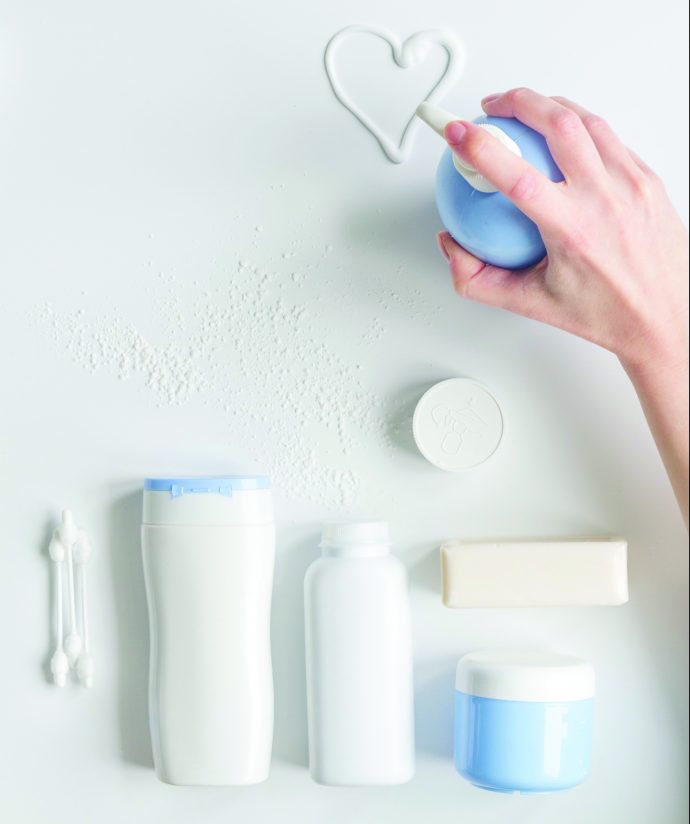Does your child have eczema? Even though there’s no cure for eczema, don’t fret! There are ways to manage the symptoms and help your child live a happy and healthy life.
What is eczema?
Eczema usually leads to skin irritation or inflammation, and your child also tends to have allergic conditions such as asthma and hay fever. The hallmark of eczema is itchy skin. Your child’s skin may also be red, dry, cracked, or leathery.
Tips to manage eczema in your child
- Moisturise! Look for moisturisers that can ease inflammation and rehydrate the skin. Put these on several times a day, including right after your child has a bath or shower.
- Use suitable fabrics. Rough or coarse fabrics can irritate the skin, so avoid scratchy materials such as wool. Instead, opt for light and breathable fabrics like cotton for clothing and bedding.
- Wash new clothing. This removes any allergens present. However, be mindful that certain detergents can also trigger eczema. Always use mild washing products.
- Keep fingernails short. This prevents skin damage due to scratching. Another option is to wear gloves.
- Take short warm showers. Use a mild cleanser instead of soaps.
- Use fragrance-free cleansers. Fragrance may trigger flare-ups. Opt for cleansers with a lower pH level containing ingredients that help relieve eczema, e.g. omega-6 or -3 fatty acids.
Choosing the right moisturiser
- Opt for moisturisers (emollient plus) containing active ingredients (e.g. licochalcone A and menthoxypropanediol) that relieve the symptoms.
- Look for ingredients that can help repair the skin such as ceramides, omega-6 fatty acids, colloidal oatmeal and prebiotic moisturisers.
- Avoid products containing sodium lauryl sulfate (SLS).
- Look for a moisturiser that is dye-free and fragrance-free (“unscented” may still contain fragrance).
Most importantly, choose a moisturiser that works for your child.
Eczema is a long-term condition, but children will usually outgrow it during their school years. On top of the home remedies suggested here, it is also important to consult a healthcare professional to work on a treatment plan for your little one.






Comments